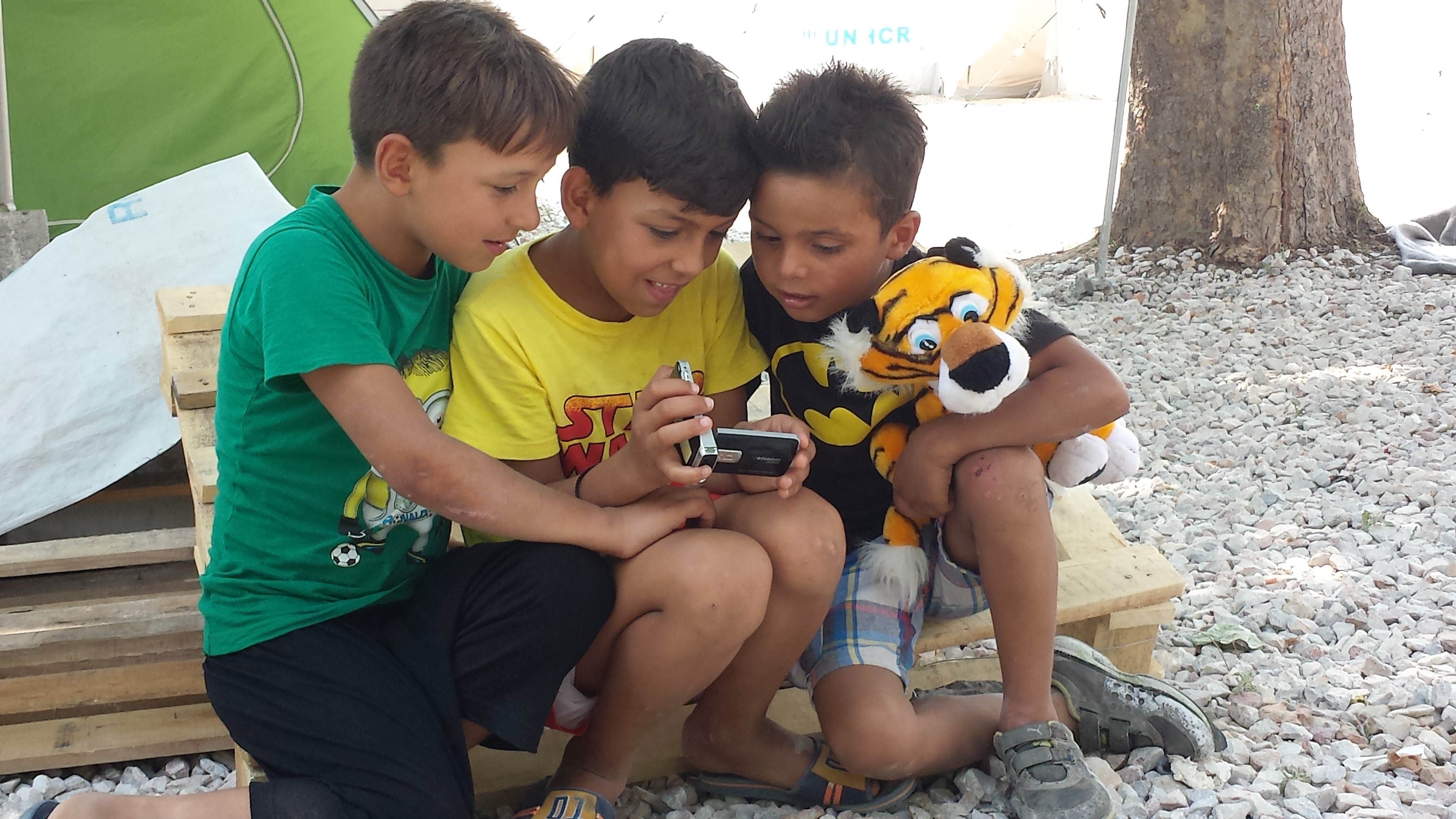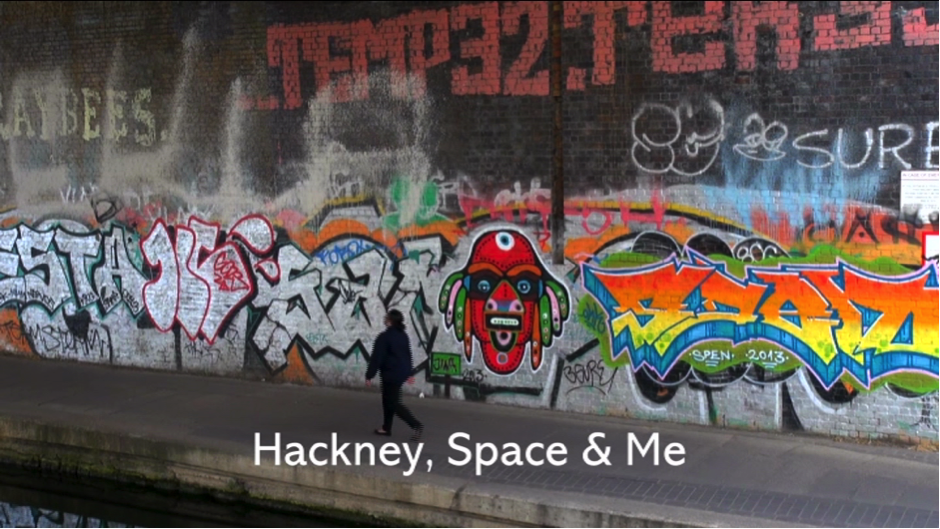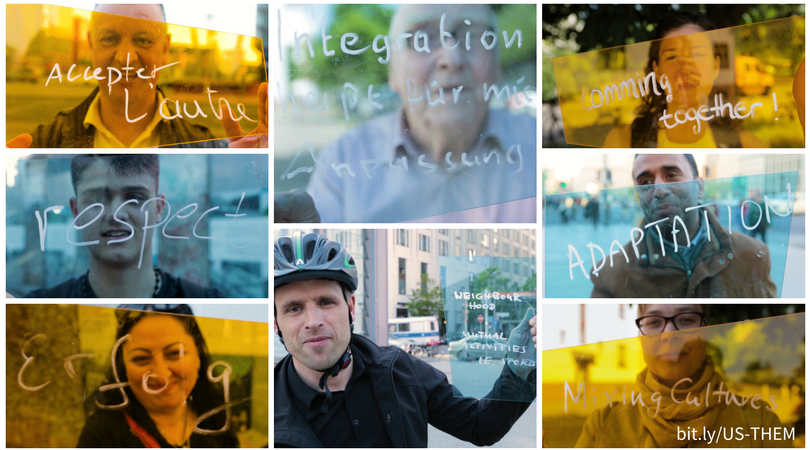
Cheewit nay Israel is a web series produced by Matan Kaminer, GLV Productions and the Israeli workers’ rights organisation Kav La’oved. Within the series, Kaminer and his co-host Adi Bachar from Kav La’oved, provide answers to the many questions of Thai migrant workers who come to Israel to search for employment. These migrants take on the labour of a great portion Israel’s agricultural sector, and due to linguistic and cultural barriers, they are made vulnerable to isolation and the violation of their legal rights. What started as a light-hearted approach to spreading information became a mission when, after the release of the first episode, dozens of concerning enquiries came through. Thai workers had sent a range of pressing questions, varying from issues regarding wages, contracts, and changing employer, to the legality of requiring workers to take on non-agricultural related tasks. To further the understanding of these workers’ conditions, Kaminer began interviewing them, although he found that through Facebook it was easier to get more authentic responses. As a result, Kaminer and his production team, have continued the production of episodes to provide useful and relevant answers to the many concerns of Thai workers in Israel. Please find more details here.


